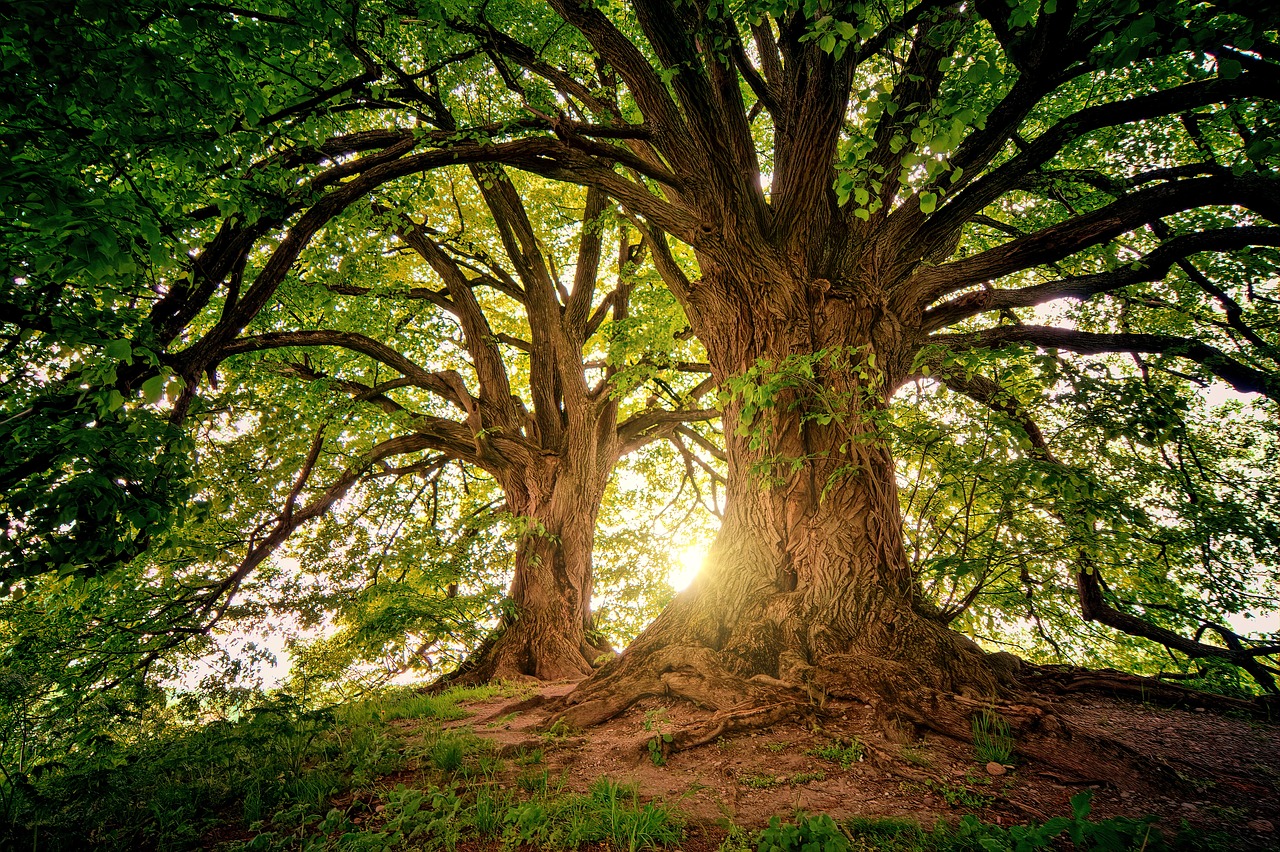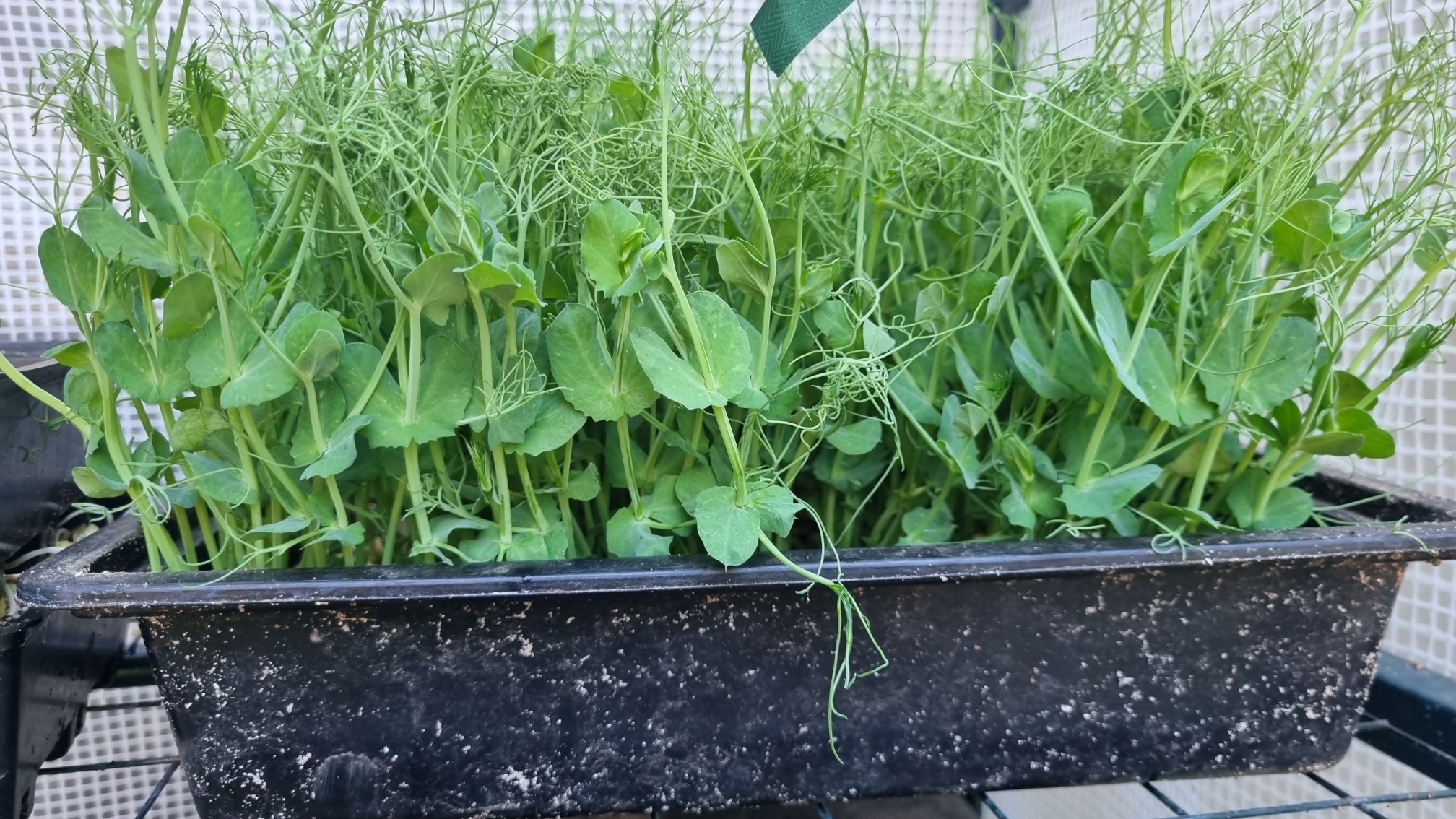- Harmonizing Timelessness: A Symphony of Wellness, Mindfulness, and Longevity”
wellness, mindfulless and longevity, exploring practices and my own point of view
Our AISCT connect choir’s choice to sing Alphaville’s “Forever Young” sparked my curiosity. Navigating healthy lifestyle choices and inspired by Hippocrates wellness institute, I questioned what is this about living forever? Unlike Alexander the Great, I’m not on a world-conquering mission, and the pursuit of immortality feels daunting.
However, I aim to live well, maintain a strong body and sharp mind, and good heart, for activities like playing with grandchildren and doing my daily chores, maybe writing, coaching and enriching relationships with others. Studying mindfulness, rooted in Buddhism, reveals the power of radical acceptance, even in challenging situations like disability. So with that in mind that being able bodied is what I am now, and being aware that for some people all body and full breath might not be available and still can find an attitude there which gives inner contentment.
Besides the Forever young song, I am sharing in this article some conclusions from Netflix documentary on centenarians, dr. Atitia’s book Outlive, practices that are part of Hippocrates lifestyle and mindfulness practices.
Netflix’s exploration of centenarian lives became a source of inspiration and reflection. Witnessing the lives of those in Sardinia and Okinawa, I found myself drawn to the simplicity of their joy, the richness of their relationships, and the purpose that infused each day. What stood out was their lack of grasping for health and youth; instead, it was their natural way of getting up in the morning and engaging in life. Their stories prompted me to reassess the markers of a fulfilling life and consider the profound impact of social connections, purposeful living, and physical engagement on overall well-being.
Outlive book
Dr. Peter Attia’s book, “Outlive,” delves into the science and art of extending our healthspan and lifespan. As a renowned physician and longevity expert, Dr. Attia explores the factors that contribute to a longer, healthier life. From nutrition and exercise to cutting-edge medical interventions, “Outlive” provides a roadmap for those seeking to optimize their well-being and outlive the conventional limitations of aging. He, very similar to what we include in Hippocrates lifestyle, puts an emphasis on including different forms of exercise, emotional health, nutritional biochemistry, intake of protein as we age. (Outlive, p.17) he writes “Exercise is by far the most potent longevity drug. No other intervention does nearly as much as to prolong our lifespan and preserve our cognitive and physical function”.
In the Netflix documentary they have established in Sardinia a correlation between the steepness of the village and the lifespan. But surely those people don’t approach this: “ oh I need to get in so many steps a day”, for one lady that walk is simply a way to get to the church.
Quality of sleep
As we find in many wellness evaluation, the quality of sleep is “critical to our innate physiological repair processes, especially in the brain. As any parent knows the accumulation of sleepless nights does sum up to more irritability and reactivity. The quality of sleep can also be largely affected with the food we consume throughout the day, the amount of water intake, stress levels. Looking holistically how to improve sleeping we look into combination of habits, nutrition, tending our emotions, breathwork, supplementation, evening rituals and our reactions when we wake up at night. What we call our secondary emotions. The mood that we are in, affects our thoughts and emotional wellbeing. So there is the whole interconnectivity to be addressed.
Hippocrates wellness framework
When we are using Hippocrates wellness framework for lifestyle mentoring, we follow a holistic model called RESILIENT: responsibility, emotional mastery, sustainability, integrity, living food nutrition, nourishment, exercise immunology, transformation. This is a plant based model. For some people this works really well. Especially those who are unwell and they commit to holistic approach, they are willing to try out a plant based approach much more then someone who considers themselves currently healthy.
Consider eachother’s needs, and meet eachother with love and respect
In my family the rest of the family is eating everything, I am only one on plant based nutrition. We are committed to buying local vegetable produce on the market, so that majority is organic, no cow’s milk consumption and minimum dairy in general, we have our own filtration system for water, solar powered house, composting for organic waste, recycling, and a balance and mindfulness of meat consumption and quality in the week. Both with my husband trying to consider eachother’s needs, and meet eachother with love and respect to what each is following. Trying to keep an open mind and heart to put honouring of self, the other, the relationship and family first.
Lovingkindess and longevity
And at last I am bringing in to this writing the practice of Lovingkindness from mindfulness meditation heart quality practices. In Science direct (https://www.sciencedirect.com/science/article/abs/pii/S0889159113001736) I found a published article “Loving-Kindness Meditation practice associated with longer telomeres in women. Telomeres are protein structures found at both ends of each chromosome and play a vital role in preserving the information in our genome. A small portion of Telomere length may serve to determine the lifespan of a cell and an organism”(source: National library of medicine, https://www.ncbi.nlm.nih.gov/pmc/articles/PMC3370421/). Previous research suggests a link between behaviors that focus on the well-being of others, such as volunteering and caregiving, and overall health and longevity. Deepak Chopra in his future of wellbeing was including for this reason volunteering in our weekly schedule as part of lifestyle that supports wellbeing. In the research mentioned above they examined relative telomere length in a group of individuals experienced in Loving-Kindness Meditation (LKM). This is a practice which utilizes a focus on unselfish kindness and warmth towards all people. The conclusion of this study was “Although limited by small sample size, these results offer the intriguing possibility that loving kindness meditation practice, especially in women, might alter RTL, a biomarker associated with longevity.
Furthermore we can also mention the Heart rate variability and longevity studies. As a heartmath coach, we use HRV as part of the training of the heart. Heartmath practices such as quick coherence technique, heart lock in, heartbased breathing are supportive to maintain heart coherence, a balance between parasympathetic and sympathetic nervous system, correlation with vagus nerve tonus, heart rate variability and longevity.
“Crafting My Personal Symphony of Timelessness”
Navigating Alphaville’s melodies, Dr. Peter Attia’s insights, and centenarian tales on Netflix, I am crafting a personal symphony of timelessness. It’s not merely about the quantity of years but the quality of moments, the depth of connections, and the resonance of a heart fully engaged in the dance of life. Through this journey, I strive to harmonize the pursuit of youth with the wisdom gained from introspection, embracing a life that is not just lived but celebrated in every note of existence with having the courage to live with an open, trusting heart. Including the knowledge about healthy lifestyle but not becoming a prisoner of “shoulds” and forgetting the joy of life and simplicity of being in tune with the moment



